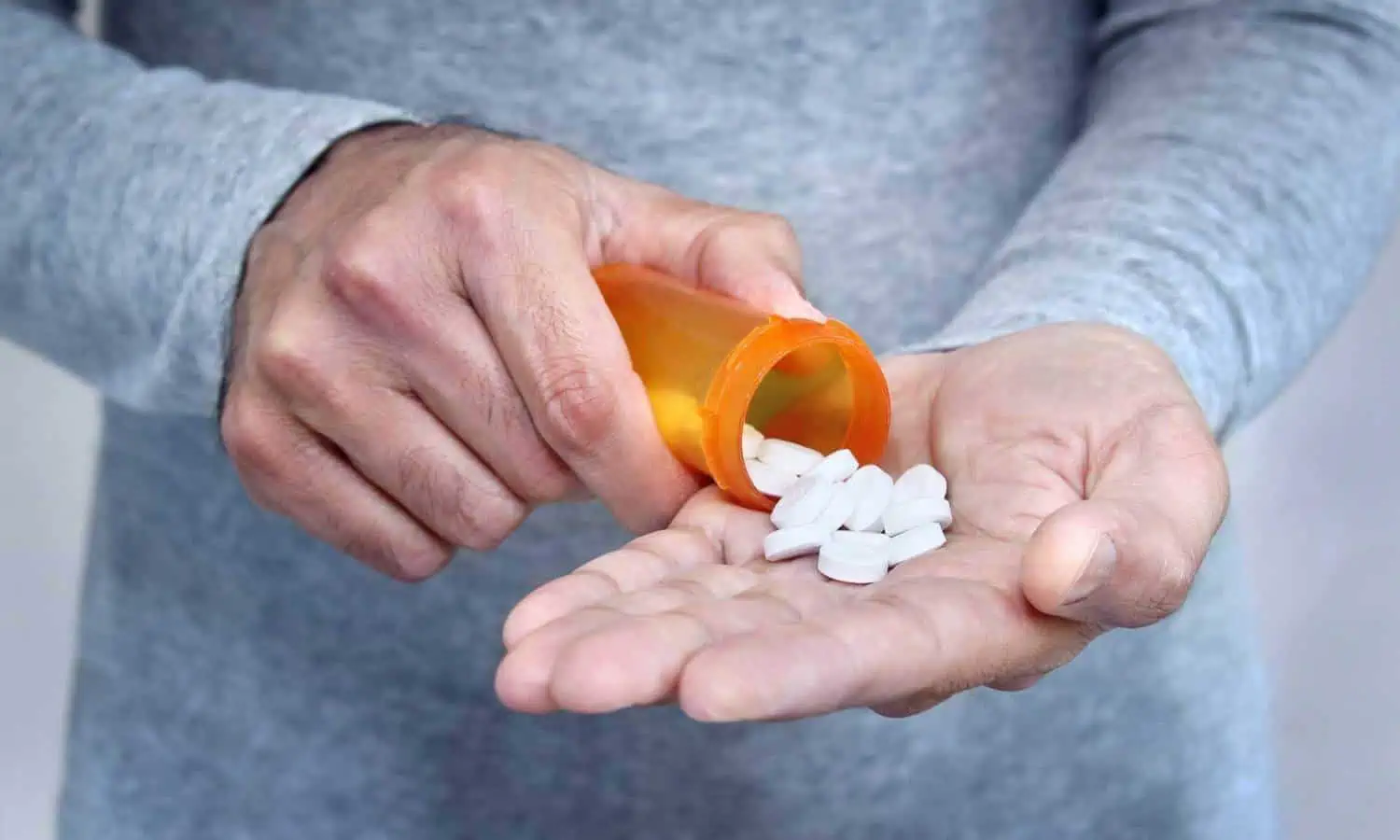Transcript:
When we think about addiction from a nutritional perspective, the brain is thought to be considered in a state of starvation. Therefore the first recommendation for nutrition and recovery is to be able to eat regularly and focus on those foods that can help replenish those nutritional sources that might be low, but also reverse some of the damage that may be caused during active substance use, and ultimately food can also be used to control our mood throughout the day. So, when it comes to the actual recommendations, the first recommendation is to be able to go no more than 4 to 5 hours without eating.
So, listening to our hunger cues and also our fullness cues. A good motto to go by is “Never Hungry, Never Full,” so try to stay as close to neutral as possible. The second recommendation is to be able to incorporate protein both from animal sources and plant sources whenever possible. Let’s say when we think about lunch — let’s make sure we have chicken breast or some tofu, or some vegetables and some whole grains, making sure protein is in there, as well as some fiber so we can help manage the blood sugar levels.We can avoid those highs, but also avoid those lows that can contribute to potential risk of cravings. It is also really important to integrate fiber into our meals and snacks. Fiber can come from plants; it can come from nuts and seeds, fruits, and vegetables. It’s really important to make sure that we are adding this so that we can help restore a healthy gut microbiota. That means we can help with our gut integrity, and ultimately, that’s going to help our bodies be able to absorb more of the nutrients with the foods we’re choosing.
If you or a loved one is struggling with addiction, Mountainside can help.
Click here or call (888) 833-4676 to speak with one of our addiction treatment experts.

 By
By 






